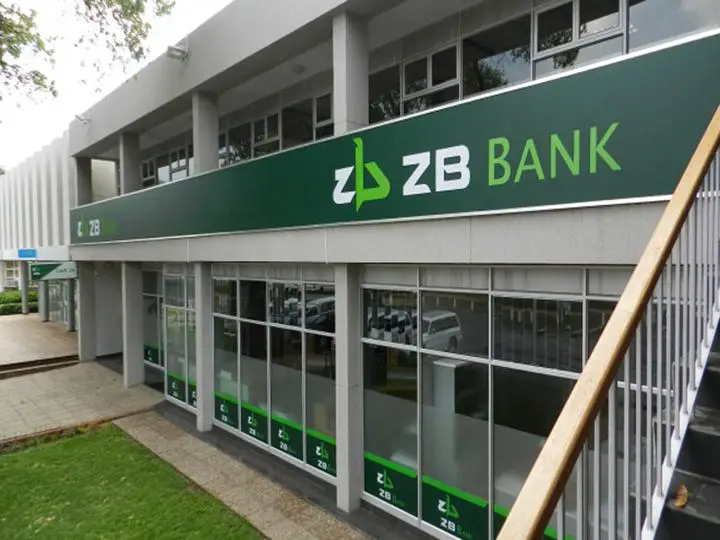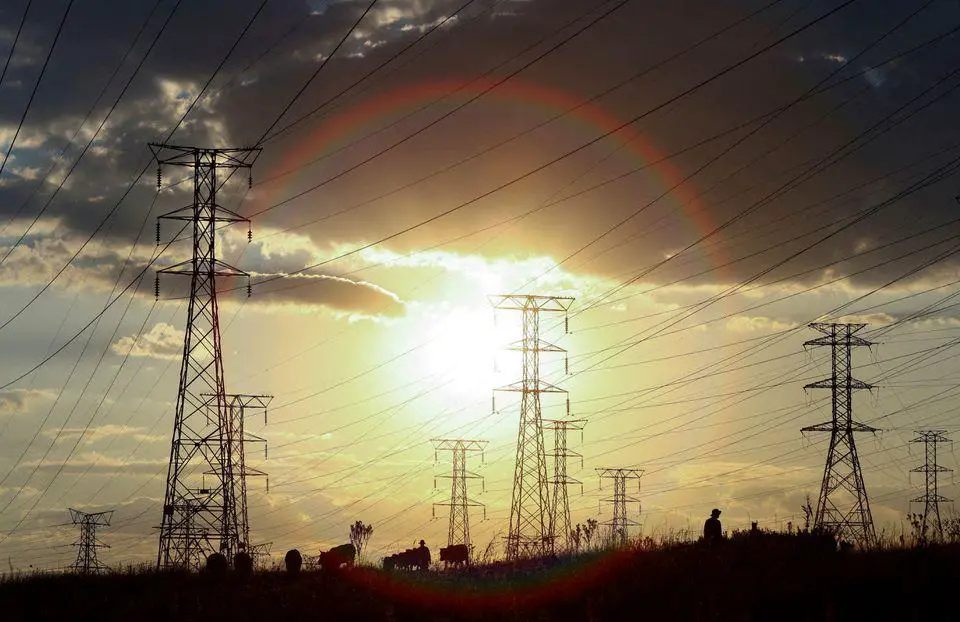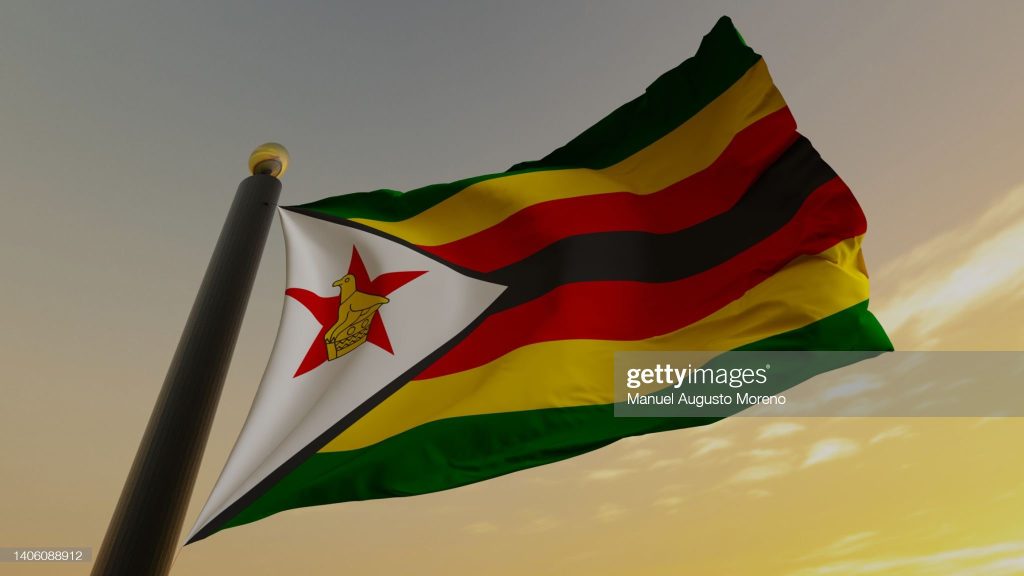- Fintechs should develop products that address the exact needs of their customers
- New report exposes alarming rise in remote desktop protocol fraud by cybercriminals
- Kenya’s remittance inflows grow boosting forex reserves
- Africa’s agritech potential crucial for economic growth
- EAC set for fastest economic growth as Sub-Saharan Africa recovers in 2024
- DRC Joins Organisation of Southern Cooperation to Boost Bilateral Ties With Member States
- The takedown of Chinese-backed cybercrime ring in Zambia
- New threat in 2024: Red Sea shipping disruptions by Houthi rebels ripple through global trade
Browsing: zimbabwe
As his banking operation grew Vingirai became the target of what has been called deliberate skullduggery against successful businesspeople in Zimbabwe. In 2004 after the banking crisis that claimed the scalps of most of the indigenous banks in Zimbabwe Nicholas Vingirai had to leave the country and spent seven years in self-imposed exile after he was charged with contravening the country’s exchange control laws.
He was absolved in 2011 of the charges of externalization of foreign currency however, the government had expropriated his firm Intermarket Holdings in 2006. Since that time Vingirai has been on a crusade to recover his assets which are now in the centre of the dispute. ZB Financial Holdings comprises of assets that belong to Transnational Holdings Limited. For the assets that were annexed from Vingirai, the government duly transferred 22.7% of the shares in ZB Financial Holdings to the veteran banker.
More shares are due …
New Zimbabwe went on to report that the court ruled that in the case of First Merchant Bank failing to reimburse Shah and his company, the Bank of Zambia was held liable and, in the alternative, the Attorney General was ordered to pay if the funds could not be found. The culmination of this dispute is that Shah and his company are in for a particularly large windfall of cash. The reclusive Indian business tycoon is said to have business interests in Zimbabwe, Zambia, and India.
Despite his wins in business Jayesh Shah has never successfully shaken off the controversy that comes from the notable success a person enjoys in any endeavour. Success always breeds as many admirers as it does critics. Tendai Biti, who was Zimbabwe’s finance minister at one time during the Government of National Unity, called Jayesh Shah a “loan shark of Indian descent”.
The opposition leader …
Padenga Holdings Limited fits this description in letter and spirit. During the six months under review, the company achieved US$ 57 million in revenues, which was more than double what the company achieved the previous year. The company increased its revenues by 184% from US$ 20 million in 2021. The company’s mining operations contributed 91% of the revenues.
The crocodile operations contributed a negligible US$ 5 million to the top line. If this trend continues, supported by the elevated gold prices, it would not be unreasonable to surmise that Padenga will soon become a pure-play gold producer or even diversify into other precious metals.
The crocodile business could soon be a thing of the past since gold mining activities have largely eclipsed it. This is all speculation as the company has not made an official statement on the future strategic direction of the company.…
Zimbabwe has been experiencing intermittent power generation shortfalls due to an ageing plant at its Kariba hydropower station and the main coal-driven power generators at Hwange.
According to Crisis 24, Zimbabwe will likely remain susceptible to rounds of load shedding through 2022 and possibly beyond if additional power production capacity is not made available. In mid-June, a circular from Meikles Hotel in Zimbabwe said that they have been operating on generator power for about a week and were now offering guests buckets of hot water to bath with. This is also one of the effects of the increased power cuts evident, although it is a few months apart.
Crisis 24 added that temporary commercial and communications disruptions are possible while load shedding and unscheduled disruptions are taking place; cellular and mobile services could be affected. Traffic disruptions and longer driving times are possible during these periods due to malfunctioning traffic …
Investing in ETFs or exchange-traded funds is equivalent to investing in all constituents that are part of an index directly.
According to Forbes, the yields or returns generated by ETFs replicate the benchmark index. It gives investors an opportunity to benefit from diversity, flexibility and scope for growth that comes from ETFs being traded on stock exchanges.
An exchange-traded fund (ETF) is a marketable security that tracks an index, sector, commodity, or another asset which can be purchased or sold on a stock exchange the same way a regular stock can.
Zimbabwe became the fifth country in Africa to list an ETF, with South Africa, Nigeria, Kenya, and Egypt also currently trading the instrument.
Zimbabwe became the fifth country in Africa to list an ETF, with South Africa, Nigeria, Kenya, and Egypt also currently trading the instrument.…
Because of erratic economic policy, Zimbabwe continues to be the sick man of the Southern African Development Community (SADC) region.
The country perennially goes from one economic crisis to the next. Presently Zimbabwe is battling with resurgent inflation after managing to rein it in from the hyperinflationary levels reached in the years 2019 to 2020 and during the early months of 2021, peaking at over 837%.
Currently, Zimbabwe’s inflation stands at approximately 257%. Conventionally, the origins of inflation have been and always will be excessive money supply that outstrips the rate of growth in an economy resulting in too much money chasing too few goods and services. In the case of Zimbabwe, the inflation malaise was compounded by the fact that the economy is virtually stagnant, growing only marginally.
- Zimbabwe’s economic policy has been erratic.
- The government in Zimbabwe has recently adopted a scorched earth policy against inflation by tightening
The ZSE’s 2020 research found that individual Zimbabweans made a meagre amount of contributions to the regional capital market. A few of the obstacles mentioned are a lack of understanding of the investment process and the notion that it is the realm and preservation of the wealthy in society.
According to an article by Mail and Guardian published May 25, 2022, this survey prompted the bourse to launch ZSE Direct, a product that would make access to the market straightforward even for first-time investors.…
The answer is in the law and the governance models that these countries approach. The way in which the governments of those countries approach the mining industry is imperative.
In South Africa, the natural resource curse is more pronounced in the sense that while the mining sector has made a few individuals fabulously wealthy, inequality in that country has meant that while the richest of the rich get richer, the poor get poorer.
How can governments approach the mining sector to ensure its development leads to broad-based and shared prosperity for all? The answer is the same. The answer is in the respective governments and the legal frameworks for the mining industries of those countries.…
Since the launch of VFEX in 2020, trading has mainly been dominated by institutional investors, and from the feedback received, retail investors would also like to participate in the VFEX. In the press release, VFEX CEO Justin Bgoni said VFEX Direct was mainly developed with retail investors in mind.
VFEX Direct will be accessible through the web portal and mobile application (Google Play Store and Apple App Store).
Investors wishing to participate through VFEX Direct will be required to hold an FCA (Nostro) account with any Zimbabwean bank.…
The shrinking economy and resulting unemployment have given birth to an informal economy that has spiralled out of control. Treasury and monetary authorities have been at pains to find ways they can tax the informal sector. The informal economy is difficult, if not impossible, to absorb into the formal economy or to include in the tax pool from which the government can draw revenue.
As the formal economy shrinks, so has Zimbabwe’s effective tax revenue stream, and this problem can only be arrested and mitigated by a growing economy.
An economy characterized by slow or negative growth makes it more difficult for the government to repair its finances. This is because there is a positive relationship between a country’s tax pool and the growth of the economy. A shrinking economy brings with it the added cost of having to provide social safety nets for the vulnerable members of its society.…














